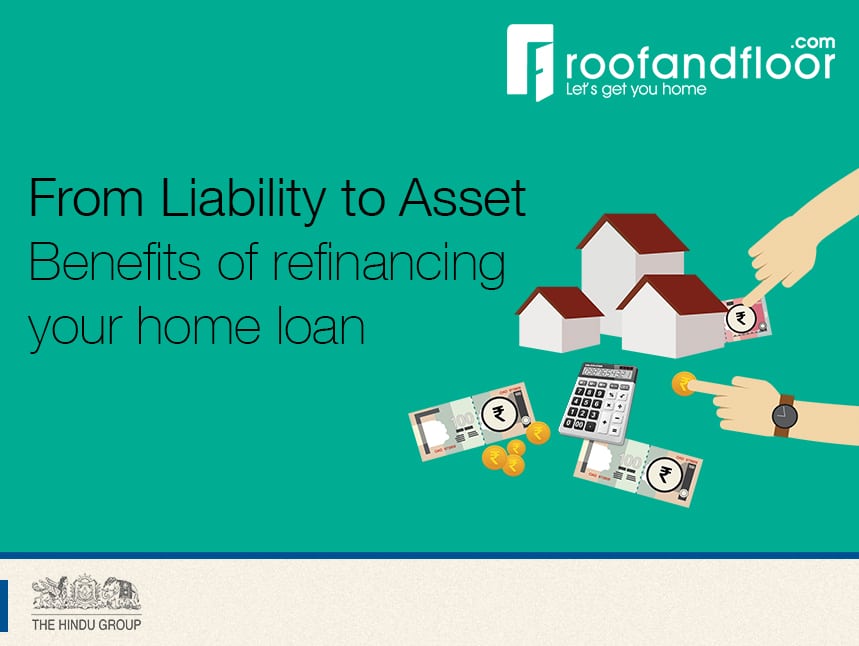Refinancing:Financial Opportunities
When it comes to managing your finances, exploring opportunities to save money and optimize your financial situation is crucial. Refinancing is a powerful tool that allows you to take control of your debts and potentially unlock substantial savings. In this article, we will delve into the various benefits of refinancing and how it can provide you with a pathway to financial success.
Lower Interest Rates, Greater Savings
One of the primary advantages of refinancing is the potential to secure a lower interest rate on your loans. As interest rates fluctuate over time, refinancing presents an opportunity to replace your existing loan with a new one that offers a more favorable rate. By doing so, you can significantly reduce the amount of interest you pay over the life of the loan, resulting in substantial savings.
Enhanced Cash Flow
Refinancing can also provide you with an opportunity to improve your cash flow. By extending the loan term, you can reduce your monthly payments, allowing you to have more disposable income available each month. This enhanced cash flow can be used to cover everyday expenses, invest in your future, or build an emergency fund.
Debt Consolidation for Simplified Finances
Refinancing can also be an effective strategy to consolidate multiple debts into a single loan. If you have multiple loans or credit card debts with varying interest rates, managing them individually can be overwhelming. By refinancing, you can combine these debts into one loan with a single monthly payment.
Access to Home Equity
If you are a homeowner, refinancing can unlock the potential of your home equity. Home equity is the difference between the current market value of your home and the outstanding balance on your mortgage. By refinancing, you can tap into this equity and convert it into cash for various purposes.
Change Loan Terms to Suit Your Needs
Refinancing provides an opportunity to modify the terms of your loan to align better with your financial objectives. For example, if you currently have an adjustable-rate mortgage (ARM) and want to switch to a fixed-rate mortgage, refinancing can make that possible. By refinancing, you can secure a loan with terms that offer stability and predictability, providing peace of mind in a fluctuating market.
Additionally, refinancing can enable you to shorten the loan term, allowing you to pay off your debt faster and potentially save on interest payments. On the other hand, if you are seeking more flexibility in your monthly payments, refinancing can extend the loan term, reducing the immediate financial burden.

FAQs Benefits of Refinancing
1. What is refinancing?
Refinancing is the process of replacing an existing loan with a new one that has better terms, such as lower interest rates or monthly payments.
2. What are the benefits of refinancing?
Refinancing can help you save money by reducing your monthly payments, lowering your interest rate, consolidating debt, or shortening the loan term.
3. How can refinancing lower my monthly payments?
By refinancing, you may be able to secure a loan with a lower interest rate, which can result in lower monthly payments.
4. Can refinancing help me consolidate my debt?
Yes, refinancing can be used to consolidate high-interest debt, such as credit card balances, into a single loan with a lower interest rate.
5. What is cash-out refinancing?
Cash-out refinancing allows homeowners to borrow against the equity in their property and receive a lump sum of cash that can be used for various purposes, such as home improvements or debt consolidation.
6. Will refinancing save me money in the long run?
Refinancing can potentially save you money in the long run, especially if you secure a loan with a lower interest rate or shorten the loan term.
7. Can refinancing help me pay off my mortgage faster?
Yes, refinancing to a shorter loan term can help you pay off your mortgage faster, as you’ll be making higher monthly payments towards the principal.
8. Are there any costs associated with refinancing?
Yes, refinancing typically involves closing costs, which can include application fees, appraisal fees, title search fees, and more. It’s important to consider these costs when deciding if refinancing is right for you.
9. Can I refinance if I have bad credit?
While having bad credit can make it more challenging to refinance, it’s not impossible. There are lenders who specialize in working with borrowers with less-than-perfect credit scores.
10. When is the right time to refinance?
The right time to refinance depends on various factors, such as current interest rates, your financial goals, and how long you plan to stay in your home. It’s advisable to consult with a mortgage professional to determine the best timing for your specific situation.
Refinancing presents a range of benefits that can help you achieve your financial goals and optimize your financial situation. By securing a lower interest rate, improving cash flow, consolidating debts, accessing home equity, and modifying loan terms, you can unlock opportunities for savings, simplification, and increased financial flexibility.




